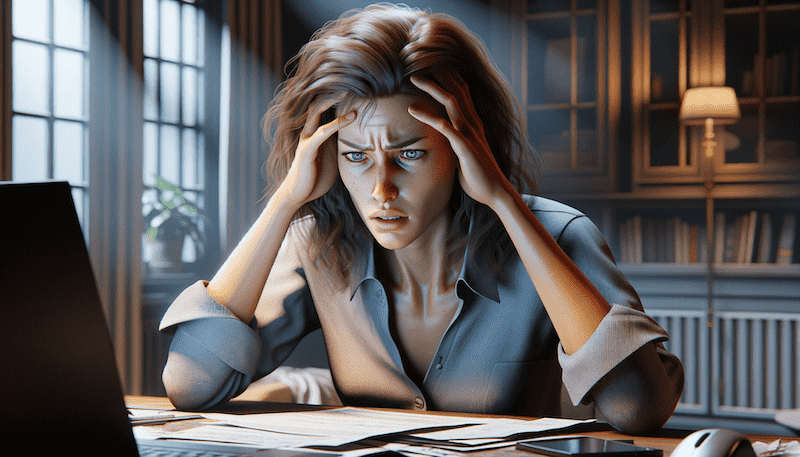ADHD In Adults: What It Is, Why It Goes Undiagnosed, And How To Manage It
December 2, 2022 - Reading time: 3 minutes

Living with Adult ADHD can be frustrating, and it may seem like there are few options for changing your situation. But in this article, you'll learn about diagnostic criteria, the consequences of untreated ADHD, common treatments, and much more.
What is ADHD?
Attention-deficit/hyperactivity disorder (ADHD) is a neurological condition that affects millions of people worldwide. Though it is most commonly diagnosed in children, it can also affect adults.
ADHD is characterized by problems with focus, impulsiveness, and hyperactivity. These symptoms can lead to difficulties in work, relationships, and other areas of life.
Despite its prevalence, ADHD often goes undiagnosed in adults. This may be because the symptoms can vary greatly from person to person, and are often mistaken for other conditions or simply chalked up to laziness or lack of motivation.
If you think you may have ADHD, it is important to consult with a mental health professional who can help you receive an accurate diagnosis and develop a treatment plan. With proper management, people with ADHD can lead happy and successful lives.
How many adults have ADHD?
ADHD is a common neurodevelopmental disorder that affects both children and adults. It is estimated that 4.4% of U.S. adults have ADHD, although the prevalence may be higher in some populations. Many adults with ADHD go undiagnosed and untreated, which can lead to problems with work, relationships, and mental health. If you think you may have ADHD, talk to your doctor or a mental health professional about diagnosis and treatment options.
Why is it hard to diagnose in adults?
It is estimated that only about 20% of adults with ADHD are properly diagnosed and treated. This low number is due to a variety of factors, including the fact that many adults with ADHD don't realize they have it.
Adults with ADHD may not have the same symptom profile as children with ADHD. For example, hyperactivity may manifest itself as restlessness or difficulty sitting still, rather than running around constantly. This can make it harder for doctors to spot the disorder.
In addition, many adults with ADHD have co-existing conditions, such as anxiety or depression, which can make diagnosis more difficult. Adults with ADHD may also be more likely to self-medicate with drugs or alcohol, further complicating diagnosis and treatment.
What are some strategies for managing ADHD in adults?
There are several strategies that can be helpful in managing ADHD in adults. One strategy is to keep a daily routine and schedule. This can help to provide structure and organization, which can be beneficial for those with ADHD. Additionally, it can be helpful to break down tasks into smaller goals to make them more manageable. Another strategy is to use visual aids, such as lists or calendars, to help with planning and organization. Additionally, adults with ADHD may find it helpful to exercise regularly, as this can help to improve focus and concentration.
ADHD in adults is a real and serious problem, but it often goes undiagnosed. If you think you might have ADHD, the best thing to do is to talk to your doctor and get a proper diagnosis. Once you know for sure, there are many things you can do to manage your ADHD and live a happy, successful life.

